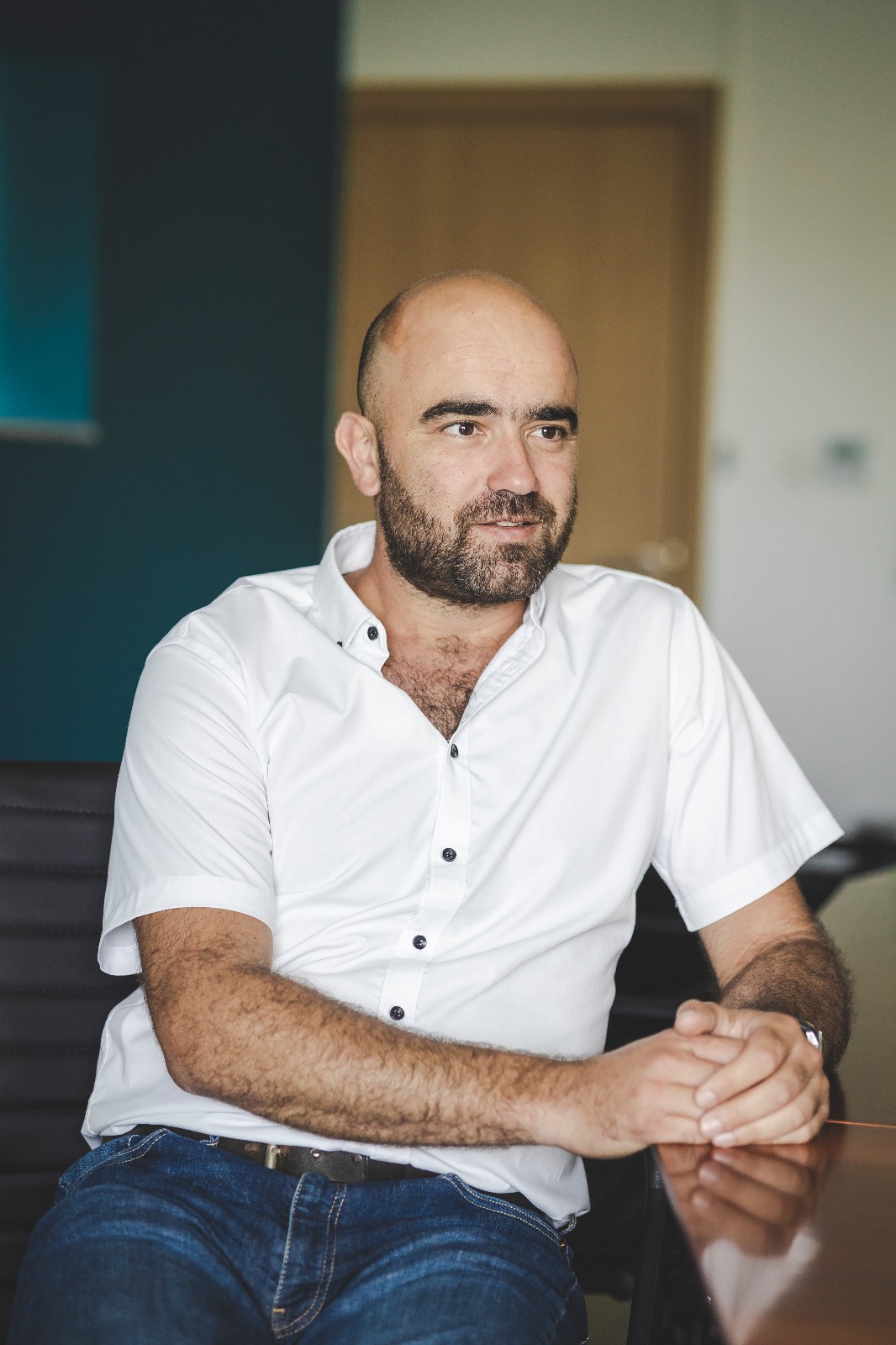Malta is one of the largest waste-producing countries per capita in Europe, and has been one of the countries that least recycles, with the entire sector being practically ignored for many generations.
“We have lost a lot of time,” Richard Bilocca, WasteServ CEO tells WhosWho.mt. “We are over 20 years behind when it comes to comparing what our European peers have managed to do in the field of waste management. This means that we had a lot of lost ground to make up for, and I am pleased to note that our efforts have started to bear substantial fruit.”
In fact, Malta has exported a record 19,000 tonnes of recyclable waste for further recycling in 2021 and 2022 respectively, while the collection of organic waste has gone up by 35 per cent in 2023.
“We are aware that these are still modest results when compared to our projected targets, but they are impressive strides forward when looking at where we started from. Up till just three years ago, 93-95 per cent of the country’s domestic waste was sent straight to the landfill. Today we are sending around 80 per cent, a considerable improvement. However, by the year 2035 we need this amount to go down to 10 per cent, which will be no mean feat,” Mr Bilocca remarks.

WasteServ in fact has already implemented a series of structural changes to be better positioned to rise to the occasion. “WasteServ is a relatively young company that had limited resources, and which quite frankly was never given the importance that it needed to be able to answer to the immense challenges it was faced with in this sensitive sector. In fact, in the past three years, we carried out a complete restructuring process, in favour of a rationalisation of synergies. We standardised procedures, improved procurement processes, guaranteed transparency across the board, and brought in an impetus of younger, newer energy in the form of experienced professionals in the waste management field. This way, WasteServ is today better equipped to tackle the ambitious targets it has in front of it.”
The company has also started seeing the results of a suite of policy changes both at a national level as well as at an operational one. “The homogenised national collection schedule which was introduced this year obviously created a debate, however we can already see that families have gotten used to it and have indeed even noticed the advantages within it,” Mr Bilocca explains.
Providing a good balance of carrot and stick, WasteServ is also rolling out more incentives to help both businesses as well as private individuals separate their waste. “Changing our gate fees for unseparated waste meant that we are now receiving much more separated waste than ever before. Just to mention one example, the number of mattresses that have reached our plant has increased by 600 per cent in the past year. This obviously doesn’t mean that the Maltese were not disposing of their old mattresses in the past – it only means that previously these were being brought in, with other mixed waste. A small change in policy is already bearing significant fruit. The same applies to wood and a list of other wastes that are generated on an industrial scale.”
Many stakeholders still have a long way to go to shoulder their responsibilities, the CEO notes. “We feel that industry for example can still do more when it comes to the reduction of waste generation, separation of waste but also in terms of general motivation to help with the issue.”
WasteServ is on the brink of changing the waste-treatment game once again with the development of Malta’s first waste-to-energy plant which will operate from Magħtab, as part of the ECOHIVE Project. “We are looking at having a power plant that operates entirely on non-recyclable waste. In fact the plant will transform 192,000 tonnes of waste per year, into energy for 4.5 per cent of Malta’s demand. This will continue to send a very strong message in favour of a circular economy and shifting the focus of waste from being a problem, into an opportunity.”
Furthermore, the ECOHIVE Project shall also include the development of a new organic processing plant, a material recovery facility, and a thermal treatment facility reaching a total capital investment of €500 million.
“We know we have a long way to go to meet our targets, but we believe that with everyone’s input coming on board, we can truly make it, and reverse our trends once and for all,” Mr Bilocca concludes.
Main Image:
